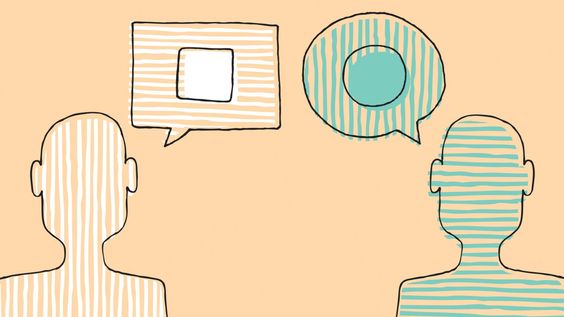Bonjour, VALLEY! It is time to warm up and flex your brain muscles. Learning a new language can keep your brain strong and healthy, even as you age, along with many other benefits.
Improvement
According to the American Council on the Teaching of Foreign Languages, research demonstrates that students who study a foreign language performed higher on tests in “reading comprehension, language mechanics and language expression.” Studying or speaking a second language not only works the muscles in your brain, but it also allows them to be more flexible as you gain cognitive flexibility: the ability to switch between two languages.
In nearly any career, knowing a second language can help you gain useful skills. According to the National Education Association, “Research has found that people who are multilingual may be better at analytical tasks like synthesizing information or understanding processes.” Learning a new language is almost like a puzzle for your brain. As the pieces come together and start to form an image, your brain is able to fill in the gaps faster and faster each time, making it stronger in other problem-solving situations. Who knew your brain could be a flexible gymnast and a strong bodybuilder?
Exposure
According to the British Academy, “It has been shown that people who speak other languages often exhibit more empathy and a global mindset.”
Learning a foreign language allows you to gain perspective for another culture’s customs and slang. America is often described as a melting pot of cultures and nationalities; therefore, learning a foreign language gives you a deeper understanding into the culture of a person that you may encounter in your professional or personal life. Furthermore, if you visit your second language’s country of origin, you can connect with a city or town in a way that a monolingual tourist could not by discussing the local cuisine or customs with the natives.
Cognitive Function
Just like exercising your body, keeping your brain in proper shape as you age is important. According to a study done by the University of Hradec Králové, Czechia, “Bilingual people possess better mental flexibility because they are used to adapting to constant changes and processing information in a more effective way than the monolingual individuals.” This study yielded results demonstrating that those who learn a second language as adults may prevent cognitive decline in their old age by about four years. These findings illustrate that becoming bilingual is beneficial for the brain even after retiring from a professional career.
There are a variety of ways to learn a new language from school or home. If you are a Penn State student, try including an introductory language course into your schedule. Fortunately, there are also plenty of methods to learn from home. Websites like Pimsleur, Rosetta Stone, Duolingo, Busuu and more offer a variety of languages for users to learn. Even devoting short amounts of time to learning can activate your brain. Your knowledge in a second language can benefit your academic life, professional life and personal life.
Tweet us, @VALLEYmag, the language you’ve been dying to learn!






There is definately a lot to find out about this subject. I like all the points you made